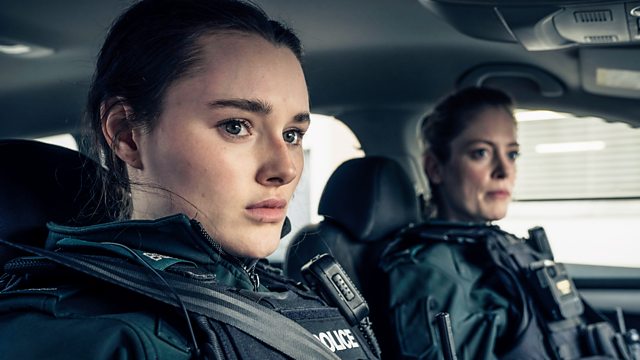The media group STV’s shares fell sharply as it warned that a deterioration in the UK advertising and television commissioning markets meant it would miss profit targets.
In an unscheduled trading update, the company said that full-year revenue and adjusted operating profit would be “materially below consensus”.
Shares in STV Group fell 25 per cent to 138p at one stage to a 12-year low.
STV operates the Channel 3 television licence in Scotland. It also has its own digital catch-up and streaming service with the STV Player and a production arm, STV Studios.
The Glasgow company said it expected to book between £165 million and £180 million of revenue for the full-year. Analysts had previously pencilled in revenue of more than £190 million and profit of about £18 million. This compares with revenue of £188 million and profit of £13.1 million in 2024.
Progressive Equity Research cut its profit forecast from £18.5 million to £11.2 million, with Panmure Liberum going from £18.1 million to £11.5 million.
Total advertising revenue at STV was down 10 per cent in the first half of this year, which was in line with guidance.
However, the third quarter is expected to see an 8 per cent year-on-year decline, with revenue across the audience division expected to be between £90 million and £95 million.
Alongside that, STV said that some of its shows in later stages of development had not been given final approval, while other commissions were being delayed until 2026.
The unscripted division, which is largely involved in reality formats, has experienced the biggest disruption.
In contrast, scripted drama has remained strong with projects for the likes of the BBC, Netflix, Apple and Sky.
Among the shows which are still moving forward are the third series of the BBC crime drama Blue Lights and Amadeus, a period piece for Sky looking at the life of Mozart.
Revenue from studios across this year is forecast to be between £75 million and £85 million, with the value of the forward order book now at £54 million, compared with £66 million in April.
• British television is dying — and Gogglebox won’t save it
Rufus Radcliffe, the chief executive who joined in November last year, confirmed that the business was still pressing ahead with plans to launch a new radio station, and he reaffirmed the long-term growth potential at STV.
He said: “The deteriorating macroeconomic backdrop continues to lower business confidence impacting both markets in which we operate. We are proactively responding to market conditions through a combination of investing in targeted future growth initiatives aligned with our long-term strategy and identifying efficiency and cost saving opportunities across the business.”
STV said that a further £750,000 of cost savings had been identified, bringing the total to £2.5 million for 2025 with more expected to come next year.
